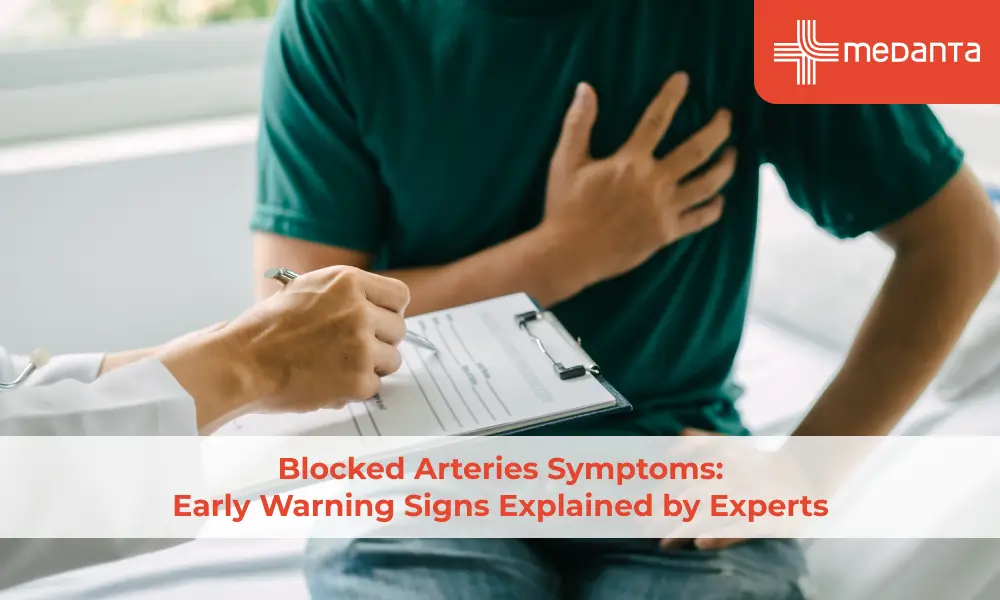Dengue: Prevention and Cure
Dengue is a mosquito-borne viral infection. It is found in tropical and sub-tropical environments worldwide, mostly in urban and semi-urban areas. Dengue is caused by one of any of four related viruses: Dengue virus 1, 2, 3, and 4. Due to this a person can get infected with dengue multiple times in their lifetime
Dengue infection leads to a wide spectrum of diseases which ranges from subclinical disease (people may not get aware that they are infected) to serious flu-like symptoms in those affected. Although not too frequent, some people do develop severe dengue, which can result in any number of complications associated with organ impairment, severe bleeding and/or plasma leakage. If not managed appropriately severe dengue can lead to death.
In the recent decades dengue has become more prevalent, placing around half of the world's population at risk. Each year around 100-400 million dengue infections are reported.
Prevention
Dengue virus is primarily spread through the bite of an infected Aedes species (Ae. aegypti and Ae. albopictus) mosquito. These mosquitoes also spread other infectious viruses such as Zika and chikungunya virus. Basic prevention measures include avoiding being bitten by the carrier mosquito:
- Remove water from coolers and prevent water stagnation
- Use Insect Repellent and mosquito nets while sleeping
- Use aerosol spray to destroy mosquitoes
- Make children wear clothing that covers arms and legs.
- Wear long-sleeved shirts and long pants
- Prevent mosquito bites when traveling overseas
Symptoms
Mild symptoms of dengue can be confused with other illnesses that cause fever, rashes or bodyache such as enteric fever, leptospirosis, typhus fever, malaria or COVID-19. The most common symptom of dengue is fever with nausea, vomiting, rashes and aches and pains (eye pain, muscle, bone or joint pain)
Symptoms of dengue typically last 2–7 days. Most patients recover within a week.
Dengue Symptoms can worsen and get severe within a few hours. Lack of adequate care can lead to death.
Symptoms of severe dengue:
- Belly pain, tenderness
- Vomiting (at least three times in 24 hours)
- Bleeding from the nose or gums
- Vomiting blood, or blood in the stool
- Feeling tired, restless, or irritable
- Decreased Urine Output
It is important to watch for symptoms of severe dengue. Warning signs generally show after 24–48 hours of the fever going away.
When to visit a doctor
If you experience any warning signs, please see a healthcare provider or visit the emergency room immediately. Severe dengue is a medical emergency and needs immediate care at a clinic or a hospital.






